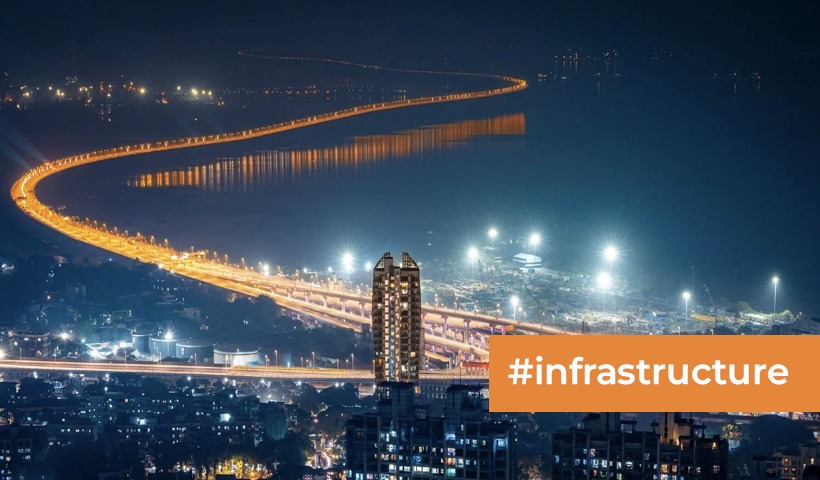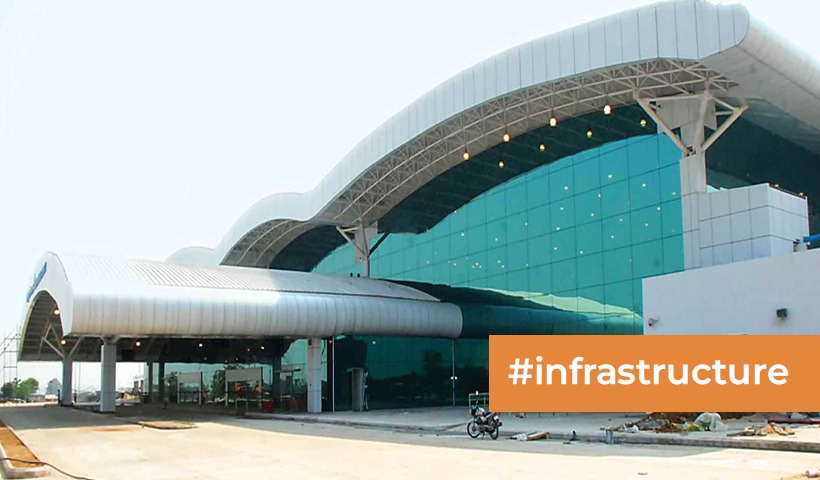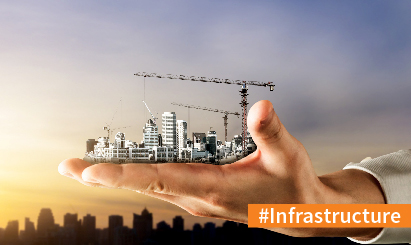India urgently needs geospatial infrastructure!
With a population of more than 1.3 billion, India is a nation that is quickly developing. Many issues relating to urbanization, population expansion, climate change, and natural catastrophes are faced by the nation. Geospatial infrastructure is crucial because it can help with these problems.
The systems and technology used to gather, handle and analyze geospatial data are referred to as geospatial infrastructure. Land use, geography, and weather patterns are only a few examples of the physical traits and elements of the planet that are included in this data. Many uses for geospatial data exist, such as urban planning, disaster management, environmental monitoring, and public health.
With a wide variety of geographic and climatic variables, India is a large and diversified nation. Natural catastrophes including floods, earthquakes, and cyclones are common in the nation and can have terrible effects on the populace. The infrastructure and resources of the nation are also coming under growing pressure from fast urbanization and population increase.
Geospatial infrastructure is crucial because it can help with these problems. Geospatial data may assist detect regions in danger of natural catastrophes, maximize infrastructure development, and enhance public health outcomes. It can also be used to support decision-making and planning processes.
The advantages of geographic information systems
The growth of geospatial infrastructure in India has a lot of advantages. They consist of:
Better disaster management: Geospatial data may be used to pinpoint regions vulnerable to landslides or other natural catastrophes like floods. In the case of a disaster, this information may be utilized to create early warning systems, map out evacuation routes, and organize relief activities.
Improved urban planning: By informing urban planning procedures with geospatial data, infrastructure and services like public utilities, housing, and transportation may be developed more efficiently.
Better public health: Geographical information may be used to track and study the spread of illnesses like dengue fever and malaria. With this data, tailored interventions may be created to stop the spread of illness and enhance public health results.
Improved environmental monitoring: Land usage, air quality, and other environmental factors may all be tracked using geospatial data. Decisions on how to manage and protect the environment may be made using this knowledge.
Enhanced productivity and efficiency: Geospatial data may be utilized to streamline operations and raise productivity and efficiency across a variety of sectors, from logistics to agriculture.
Obstacles to India’s development of geospatial infrastructure
Geospatial infrastructure has several advantages, but there are still certain obstacles to its growth in India. They consist of:
Low data availability: India has a limited supply of geospatial data, especially in rural regions.
Technical incapacity and lack of knowledge: Many stakeholders, including policymakers and enterprises, are unaware of the geospatial data’s potential advantages and do not have the skills necessary to use it well.
Restricted finance: Geospatial infrastructure development involves substantial investment, which may be scarce in some regions.
Geospatial data may contain sensitive information, such as the location of important infrastructure, raising privacy and security concerns. Concerns exist around possible abuse or unauthorized access to this data.
Disclaimer: The views expressed above are for informational purposes only based on industry reports and related news stories. PropertyPistol does not guarantee the accuracy, completeness, or reliability of the information and shall not be held responsible for any action taken based on the published information.




